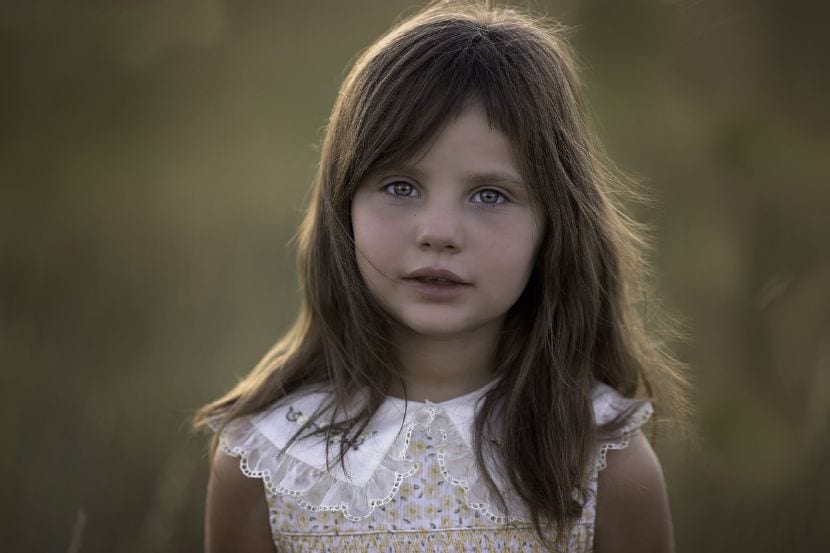
We, the parents, would never tire of giving our children kisses and hugs, of showing them all our love. But these displays of affection are not always well received by them. Why is there surly or unloving children? Today we will talk about this issue that sometimes worries parents.
Surly children find it difficult to express their affection through physical displays such as hugs, kisses, and caresses. They are rather reluctant also to this contact, since it makes them feel uncomfortable. How we saw in the article "Loving children: they are born or made" not all of us show love and affection to our loved ones in the same way. Children need to feel loved and protected, but not all express their love in the same way and it must be respected.
The social pressure that parents and children are subjected to by not behaving like others, generates many doubts and confusion. Have we done something wrong with our son? Should I worry that he is not affectionate? In reality, no two children are the same, even if they were raised together. This external pressure can be a constant burden for these children, as they are forced to show affection that they do not want to give.
A phase in your emotional growth
Also the children go through phases that can make children surly or unloving, and they show it through pushing or withdrawing. This is because they begin to feel older and they don't want to be considered as babies, and so they try to show it. They begin to have the emotion of shame and are no longer as spontaneous as before. They want to be more independent Mom and Dad, and find their place in the world, so they try to keep their distance. It may also be a emotional response to something that has happened (jealousy, envy, anger ...). That is why it is convenient to talk with them calmly to help them express their emotions and feelings, as it can be a call for attention.

We must respect their process and personality. We should not force them to kiss when they do not want to. Otherwise we will be sending you the message that anyone can force you to do something you do not want and that you have no control over your body. For children, signs of affection are very close, they are not given to just anyone, and they are the ones who should give kisses and hugs only if they want to. And if the relative or acquaintance seems wrong to you, it is your problem. The rest of us are not there to satisfy the needs of others. Always respect your child and do not force him. Let him decide who to show affection to, how and when.
PWe can teach them to distance themselves from others without being rude or unfriendly. Thus in their life they will know how to mark the limits with others and that no one invades their privacy.
Show them signs of sincere love
The love of parents for their children is unconditional love (or so it should be) and many parents expect the same of their children. But your child is a different person from you, with another way of processing love and expressing it. It is not a competition to show love and affection.
Avoid manipulative phrases like "If you don't give me a kiss, I don't love you anymore". This tells children that displays of affection are used to achieve something. That way they will not be sincere tokens of love in any way. Also, this way your child will be afraid that you will stop loving him if he does not do certain things. Do you want your child to show you affection out of fear? I do not think so. Let your child know that you will always love him, no matter what. Your love is not conditional on anything, and he must know it.
Because remember ... Take advantage of when you have a moment where you leave and leave when you are not so receptive.